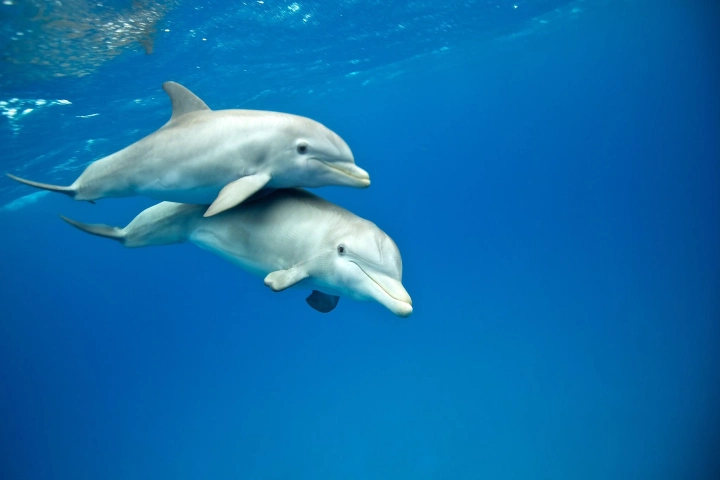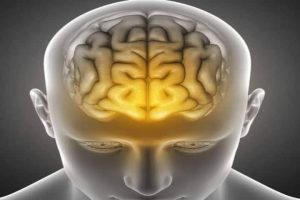Scientists have always been intrigued as to how and why dolphins, considered to be highly intelligent aquatic mammals, are found stranded on beaches either alone or in a group.
As per a sciencealert.com report a link has been established between beaked whales and naval sonar and also some unwell individual creatures or those with plastic in their stomach, washing up to the coast, yet there is nothing to explain their stranding in a group.
Interestingly, toothed whales, the family to which dolphins, whales and porpoises hail from have some attributes in common with humans, including menopause. This means they could possibly also have some of the diseases suffered by people in their late age including Alzheimer, in which there is damage to communication, memory and learning.
Talking about it, Frank Gunn-Moore, a neurobiologist from Scotland’s University of St. Andrews said: “I have always been interested in answering the question: do only humans get dementia? Our findings answer this question as it shows potential dementia associated pathology is indeed not just seen in human patients.”
In their study, Marissa Vacher, a biologist from Leiden University in the Netherlands and her colleagues studied the brains of 22 dolphins which had stranded, to look for the biochemical markers which are present in people suffering from Alzheimer’s.
The results were surprising. Researchers found a build-up of amyloid-beta plaques and hyperphosphorylated tau in three types of dolphins, namely, the common bottlenose dolphin, the long-finned pilot whale, and the white-beaked dolphin. They also had loss and worn-out teeth while there was a spike in the ratio of white to grey matter in their brain tissues. Brain lesions in these creatures matched with those seen in human beings suffering from Alzheimer’s.
Commenting on the finding, Tara Spires-Jones, a neuroscientist from University of Edinburgh said: “We were fascinated to see brain changes in aged dolphins similar to those in human aging and Alzheimer’s disease.”
Being social animals, it is possible that dolphins helped other members of the species when they are suffering due to deterioration in the brain. This improved their survival thereby enabling the disease to progress further.
Among the long-finned pilot whale or Globicephala melas, strandings are common and this lends support to the theory of sick-leader. Explaining this in their paper, Vacher and colleagues wrote: “In humans, the first symptoms of AD-associated cognitive decline include confusion of time and place and a poor sense of direction. If the leader of a pod of G. melas suffered from a similar neurodegenerative-related cognitive decline this could lead to disorientation resulting in leading the pod into shallow water and subsequent stranding.”
Concluding their study, details of which were published in the European Journal of Neuroscience, Spires-Jones said, “whether these pathological changes contribute to these animals stranding is an interesting and important question for future work.”




















